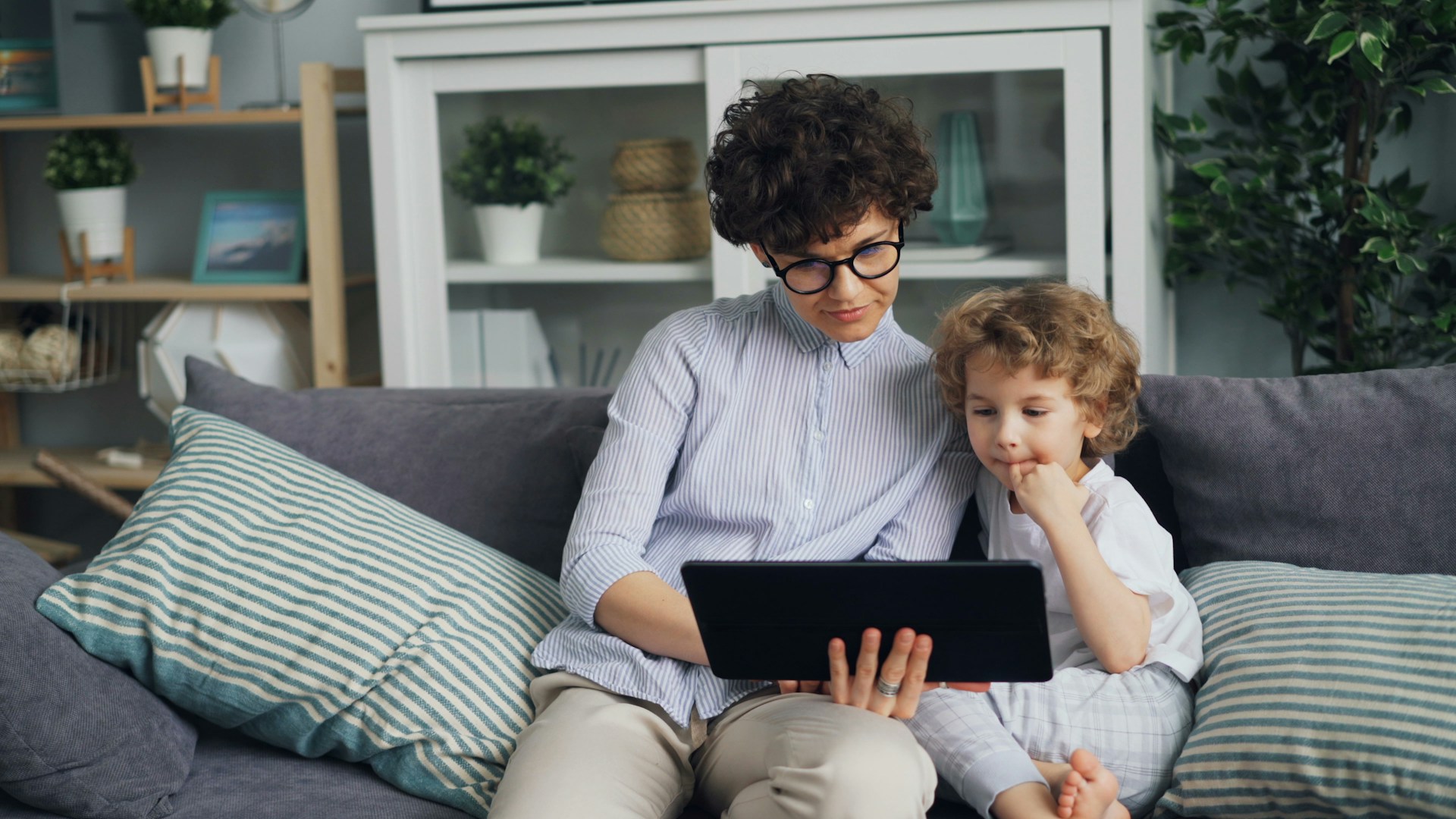
Building Digital Bridges in Parent-Child Relationships: Strengthening Bonds Through Shared Digital Experiences
In an age where screens often seem to come between parents and their children, it’s easy to view technology as a wedge that drives generations apart. However, with the right mindset and approach, digital platforms can become powerful tools for connection rather than contention. Welcome to the world of digital bridging — where shared digital experiences open up new avenues for bonding, communication, and trust-building between parents and their children.
Understanding the Digital Divide at Home
In many households across the UK, a digital divide has emerged — not due to lack of access to devices or the internet, but because of generational differences in how technology is used and understood. While children and teens are digital natives, immersed in social media, gaming, and content creation, many parents find themselves struggling to keep up or fearing the unknown. This disparity often leads to misunderstandings, fear-based restrictions, and missed opportunities for meaningful interaction.
But this divide is not set in stone. With a shift in perspective, families can transform digital spaces into shared environments of discovery, creativity, and communication.
What Are Shared Digital Experiences?
Shared digital experiences refer to activities in which parents and children engage together in digital spaces. This can include:
- Co-playing video games
- Watching YouTube or TikTok videos together
- Collaborating on digital art or music projects
- Exploring educational apps or virtual museums
- Discussing online trends, memes, and digital culture
- Creating content together (e.g., podcasts, reels, blogs)
Instead of digital consumption happening in isolation, these activities bring parents and children into the same virtual room — creating opportunities for conversation, collaboration, and fun.
Why Do Shared Digital Experiences Matter?
1. Fostering Open Communication
When parents actively participate in their children’s digital world, it becomes easier to start conversations about topics that might otherwise be challenging. Talking about an influencer’s behaviour, the theme of a video game, or the content of a viral TikTok can be an excellent starting point for discussions around values, identity, safety, and emotions.
Rather than interrogating or policing, parents become curious collaborators — creating a safe space where children feel heard and respected.
2. Strengthening Emotional Bonds
Shared experiences — whether digital or physical — strengthen relationships. Co-playing a game like Minecraft, reacting to funny dog videos, or editing a family vlog can lead to inside jokes, memorable moments, and a deeper emotional connection. These moments of fun and laughter lay the foundation for trust and mutual respect.
3. Promoting Digital Literacy for Both Sides
Parents often worry about the risks of the online world — from cyberbullying and screen addiction to inappropriate content. But being digitally literate doesn’t just mean knowing how to use a phone or tablet. It involves understanding online behaviour, recognising red flags, and making ethical choices online.
When parents and children engage in digital activities together, both parties learn from each other. Parents gain insight into digital trends, while children learn about boundaries, safety, and responsible use.
4. Empowering Children to Teach and Lead
Letting your child teach you how to use a new app or game not only boosts their confidence, it also shifts the traditional parent-child dynamic in a healthy way. It shows that learning is a two-way street and builds mutual appreciation. Children feel valued when they see their expertise acknowledged by those they look up to.
Practical Ways to Bridge the Digital Gap
1. Schedule Digital Co-Time
Set aside time each week to explore a digital activity together. This might be a Friday night movie on a streaming platform, a weekend gaming session, or even building a playlist of your favourite songs on Spotify.
2. Start a Family Content Project
Why not start a family YouTube channel, podcast, or blog? You could review books, films, share cooking adventures, or even do joint TikToks. Creating content together encourages collaboration, planning, and creativity.
3. Use Digital Tools for Emotional Check-Ins
There are apps designed to promote emotional literacy and mental wellbeing. Tools like MeeToo, Mindful Gnats, or Woebot can be explored together and used as a springboard for talking about feelings and mental health.
4. Watch and Discuss Online Content Together
Rather than banning social media, explore it together. Watch what your child is interested in — be it Twitch streams, ASMR, or short-form comedy. Ask questions, offer perspectives, and share your own favourites.
5. Play Together, Not Against Each Other
Cooperative games like Overcooked, Stardew Valley, or Animal Crossing are brilliant for family bonding. Avoid competitive games that may lead to arguments unless your child enjoys a bit of healthy competition!
Navigating the Challenges
Of course, not every digital experience will go smoothly. You might feel awkward using certain apps, or your child might initially resist your interest. That’s okay. The goal isn’t perfection, but presence and participation.
- Respect their space: Some digital experiences are private, and children should still be allowed autonomy.
- Set boundaries together: Involve children in setting screen time rules or digital detox periods, rather than imposing them unilaterally.
- Stay curious, not critical: Ask open-ended questions instead of judging their interests.
A New Era of Parenting
The digital age doesn’t require parents to be tech experts — just open-minded explorers willing to walk alongside their children in a rapidly evolving landscape. Shared digital experiences can serve as bridges — not just over the generational gap, but across emotional, psychological, and relational divides.
By turning screens into shared spaces, families across the UK can rediscover the joy of connecting, learning, and growing together — one tap, one laugh, one shared experience at a time.
